Description
Aciclovir is a synthetic nucleoside analogue active against herpesviruses. Acyclovir tablets are formulations of an antiviral drug for oral administration.
Each 800 mg aciclovir tablet contains 800 mg aciclovir and the inactive ingredients corn starch, microcrystalline cellulose, magnesium stearate and sodium starch glycolate.
Each 400 mg acyclovir tablet contains 400 mg of acyclovir and the inactive ingredients corn starch, microcrystalline cellulose, magnesium stearate and sodium starch glycolate.
Aciclovir is a white crystalline powder with the molecular formula C 8H 11N 5O 3 and a molecular weight of 225. The maximum solubility in water at 37 ° C is 2.5 mg / ml. The pkas of acyclovir are 2.27 and 9.25.
The chemical name of acyclovir is 6 H-purin-6-one, 2-amino-1,9-dihydro-9 – [(2-hydroxyethoxy) methyl]; has the following structural formula:
VIROLOGY
Antiviral mechanism of action
Aciclovir is a synthetic purine nucleoside analog with inhibitory activity in vitro and in vivo against herpes simplex virus type 1 (HSV-1), 2 (HSV-2) and varicella-zoster virus (VZV). The inhibitory activity of aciclovir is highly selective due to its affinity with the thymidine kinase (TK) enzyme encoded by HSV and VZV. This viral enzyme converts acyclovir into aciclovir monophosphate, a nucleotide analogue. Monophosphate is further converted to diphosphate by cellular guanylate kinase and to triphosphate by a number of cellular enzymes. In vitro, acyclovir triphosphate prevents the replication of herpes viral DNA. This is accomplished in 3 ways: 1) competitive inhibition of viral DNA polymerase, 2) incorporation and termination of the growing viral DNA chain, and 3) inactivation of viral DNA polymerase. The greater antiviral activity of acyclovir against HSV compared to VZV is due to its more efficient phosphorylation by viral TK.
Antiviral activities
The quantitative relationship between the in vitro susceptibility of herpes viruses to antivirals and the clinical response to therapy has not been established in humans and the virus sensitivity test has not been standardized. The results of the susceptibility tests, expressed as the drug concentration required to inhibit the growth of the virus in cell culture by 50% (IC 50), vary greatly depending on a number of factors. Using plaque reduction assays, the IC50 against herpes simplex virus isolates ranges from 0.02 to 13.5 mcg / mL for HSV-1 and 0.01 to 9.9 mcg / mL for HSV- 2. The IC 50 for aciclovir compared to most laboratory strains and clinical isolates of VZV ranges from 0.12 to 10.8 mcg / mL. Aciclovir also demonstrates activity against the Oka vaccine strain of VZV with a mean IC 50 of 1.35 mcg / mL.
Drug resistance
Resistance of HSV and VZV to acyclovir can result from qualitative and quantitative changes in viral TK and / or DNA polymerase. Clinical isolates of HSV and VZV with reduced susceptibility to aciclovir were recovered from immunocompromised patients, particularly with advanced HIV infection. While most acyclovir-resistant mutants isolated so far from immunocompromised patients have been found to be TK-deficient mutants, other mutants involving the viral TK gene (partial TK and altered TK) and DNA polymerase have been isolated. TK-negative mutants can cause severe disease in immunocompromised infants and adults. The possibility of viral resistance to aciclovir should be considered in patients who show poor clinical response during therapy.

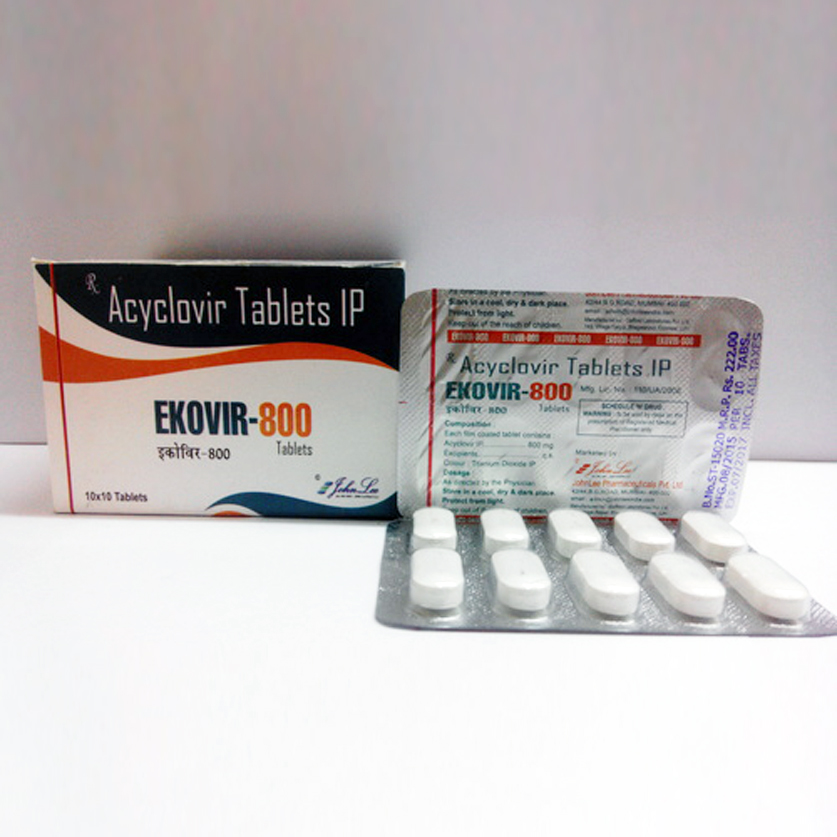
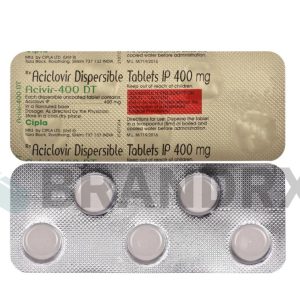
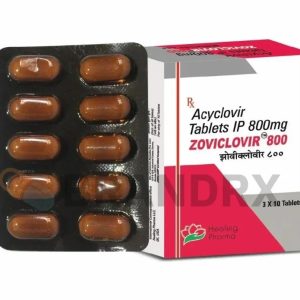
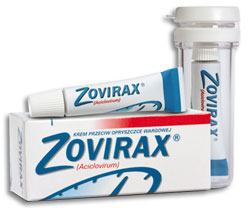
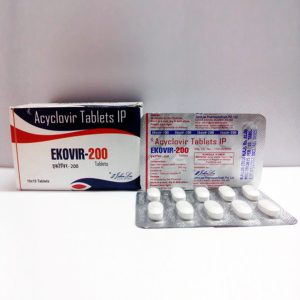
Reviews
There are no reviews yet.